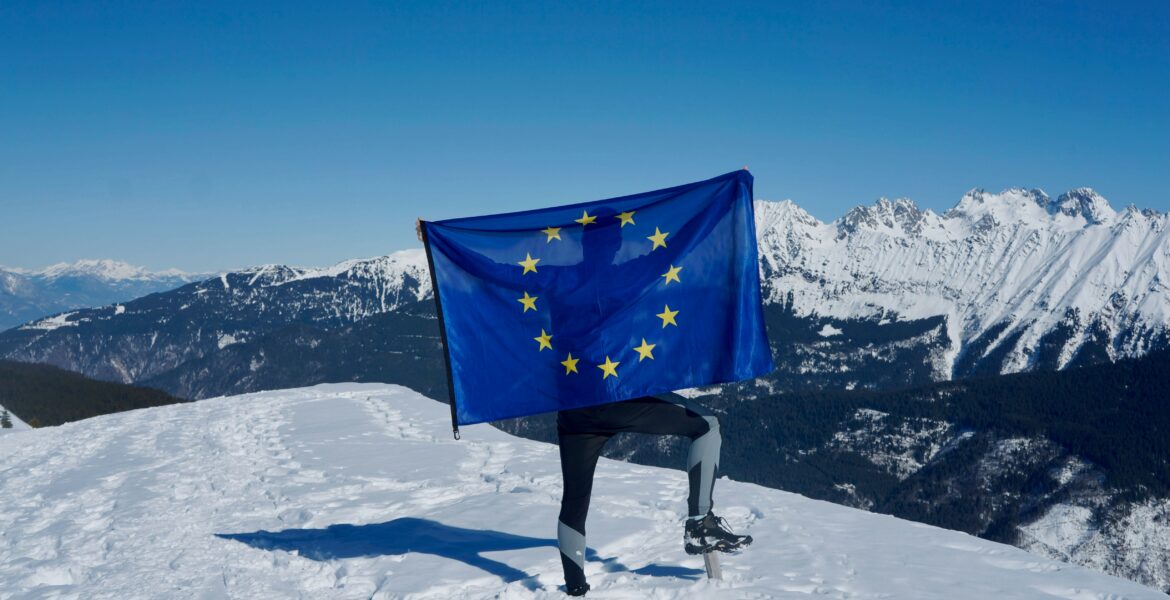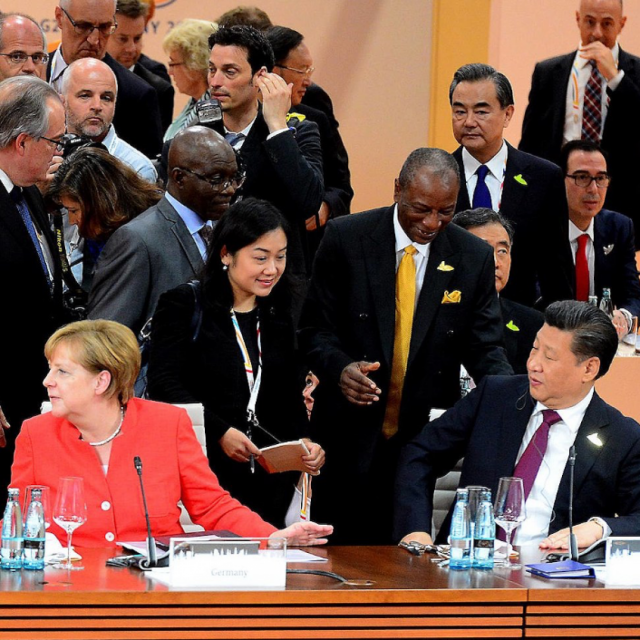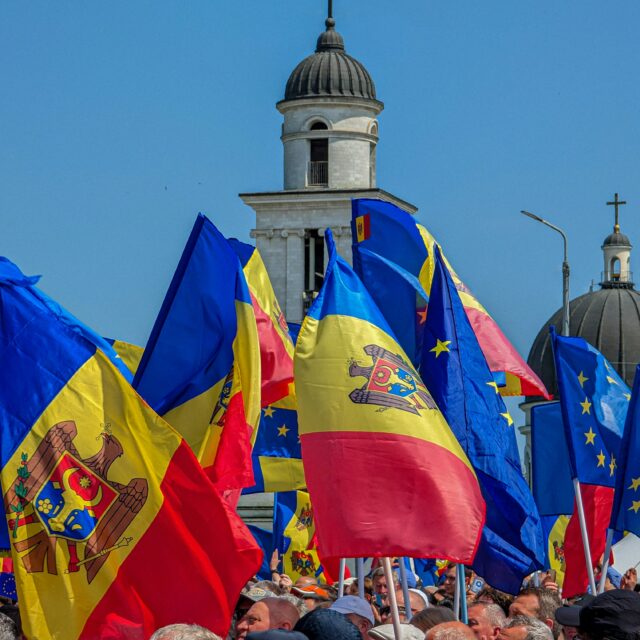Photo by Antoine Schibler on Unsplash
The European Economic and Social Committee (EESC) has adopted a resolution tracking democratic progress in the European Union and calling for a stronger EU with a new six-fold concept of security.
It says the new European Parliament and Commission should, given the current multi-crisis, make use of the EESC’s diversity of representation to strengthen the European Union.
The new legislative term should aim to reinforce the EU’s international position, deal with the problems in its institutional architecture and provide a solid anchor for Europe’s common values.
These are – in a nutshell – the key requests put forward by the Committee in its resolution.
It was drafted by Christa Schweng, Cinzia Del Rio and Ioannis Vardakastanis and adopted at the plenary session after a debate with representatives of civil society organisations.
Committee president Oliver Röpke told this site that the resolution is more than a document: it’s a call to action for a more inclusive, resilient and democratic Europe.
Röpke added, “Rooted in the insights from our first-ever Civil Society Week, it amplifies what people are saying at grassroots level to ensure that our policies truly reflect the needs of our diverse communities.”
“As we enter a new legislative term, this Resolution offers a strategic roadmap that is aligned with our core values and addresses key challenges such as global leadership, economic sustainability and social cohesion.”
“Our task now is to ensure that these recommendations are translated into meaningful action.”
The resolution includes a comprehensive set of actionable steps to strengthen and safeguard democratic principles during the next EU mandate.
It is the outcome of the first ever civil society week held by the EESC in March 2024 to sound out the views of Europeans of all ages, social partners and civil society organisations.
Further comment comes from Brikena Xhomaqi, co-chair of the EESC Liaison Group and President of the Ad Hoc Group on the EESC Resolution.
“We have built in the views and opinions that we listened to that week. In this way, we can ensure that our policies are more inclusive and reflective of the diverse experiences of Europeans,” added Xhomaqi
During the debate, the President of the EESC’s Employers’ Group, Stefano Mallia, pointed out that “the EU needs the courage to make progress because the people we represent count on us.
“Although the EU can list a number of successes such as 30 years of the internal market, issues still remain such as fragmentation and overregulation, bringing about difficult conditions for businesses,” he concluded.




